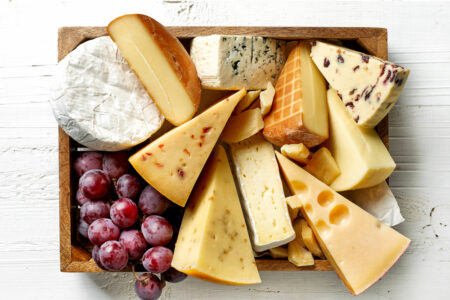The challenge of climate change

Greta Thunberg, Climate Activist, Kringlaskolan Södertälje, Sweden, speaking at the Session "Preparing for Climate Disruption" at the Annual Meeting 2019 of the World Economic Forum in Davos, January 25, 2019. Congress Centre - Jakobshorn. Copyright by World Economic Forum / Mattias Nutt
If you haven’t been paying attention, the world is waking up to the fact that climate change is occurring. At the World Economic Forum in Davos last week, the headlines were filled with Greta Thunberg telling the assembled world leaders to get moving on fixing things, and fast. Then getting mocked by older males in positions of power who should really know better, but don’t, for her trouble. (Note: one of her middle names is Tintin, according to Wikipedia. I find that adorable.) It is probably the same message she gave last year, but worth repeating. This is the world we live in, folks.
What I find interesting is the focus on farming. Farming is the world’s whipping boy, and instead of seeing the world’s many farmers as custodians of the land and animals, and respecting their ideas, there are a lot of people who are just saying, eat less dairy. Um, really? Eat less of the products that about one billion of the world’s residents has an involvement in and dismiss the livelihoods of 150 million dairy farms worldwide. Instead of seeing them as a problem, the world should see farmers as the boots on the ground, the front lines of climate change. Farmers see these changes first, and can help alleviate them with good practice.
Meanwhile, to look at other pollution sources – aviation fuel is exempt from taxes, and shipping emissions are expected to reach 17 per cent of the global total by 2050 if left unregulated. Not to mention automotive emissions of all types.
All outputs should be looked at. Dairy shouldn’t be the focus, particularly as it has a useful role in playing to keep emissions lower. It is often a local source of high nutrition. Animals produce nutritious food from poor quality land on a global scale. Your local farmer spends a lot of quality time thinking about how to improve the land in an environmentally friendly manner and how to produce enough to feed everyone else. They deserve our support, not our scorn.



